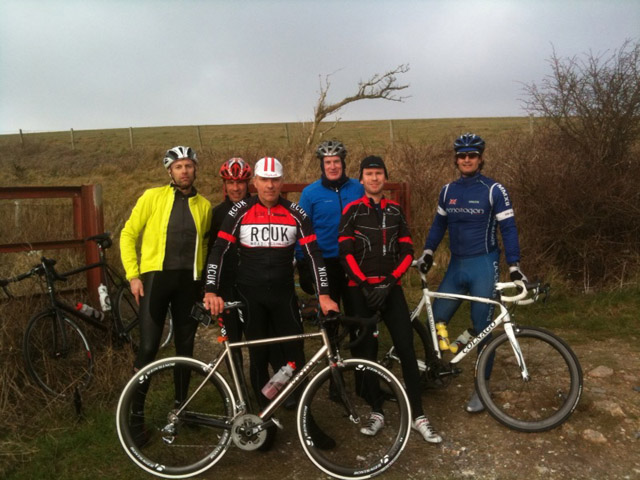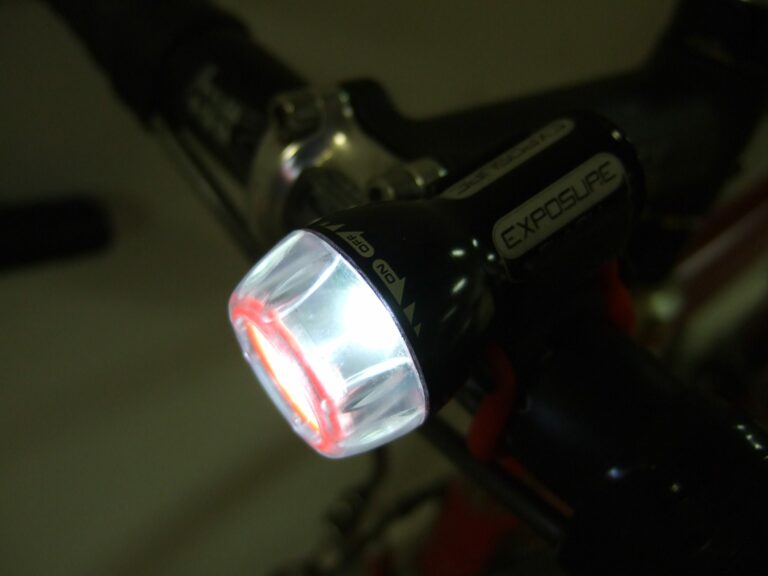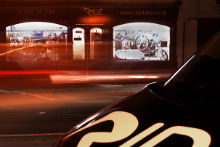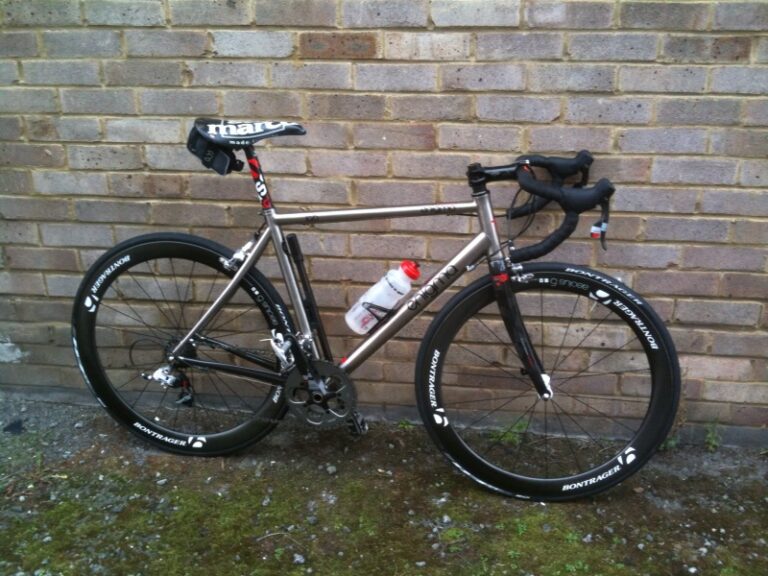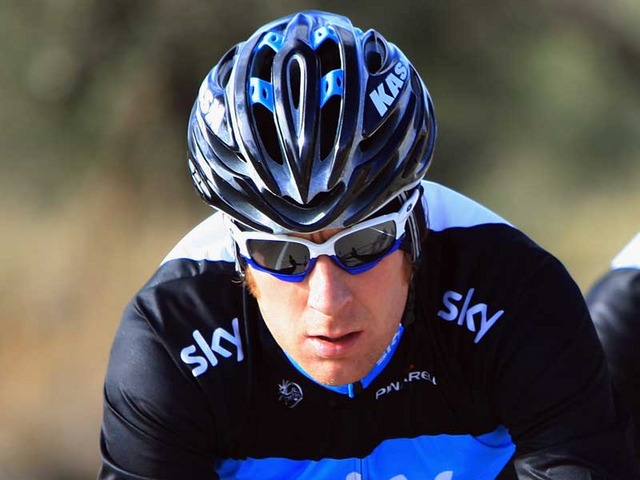
So. Now we know. With today’s announcement from Team Sky on their line-up for 2012, the three biggest players in professional cycling have shown their hand.
Welcome to the dawning of the era of the much vaunted ‘superteam’. Is this the evolution of a football-style chequebook dominance, a peloton à deux vitesses powered by the ‘financial doping’ of which UEFA president, Michele Platini, has complained, or a positive reflection of the global explosion in cycling’s popularity, of its new status as a mainstream sport with the pulling power to attract major sponsors enticed by the WorldTour’s mix of glamour, drama, and superhuman prowess?
Team Sky is widely credited with introducing a new level of professionalism when it arrived in the peloton in 2010, and with today’s announcement, it very obviously remains at the forefront in spending power and ambition, with the British team perhaps more driven than most for success in a year in which many of its riders will also compete for honours at a once-in-a-lifetime home Olympics. But within the competitive confines of the WorldTour, Team Sky will find plenty of competition from similarly competitive (and financed) squads, notably BMC and Radioshack-Nissan-Trek. We compared the line-ups of each.
BMC
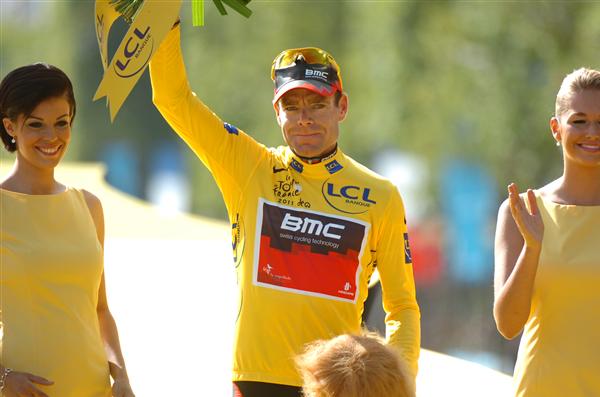
The pre-Christmas unveiling of BMC’s 2012 squad positively screamed ‘strength in depth’. From 2011 Tour De France winner, Cadel Evans, to classics king, Phillipe Gilbert, the world’s number one ranked rider, the American team has assembled a squad of riders seemingly capable of victory in any of cycling’s signature races. Add to the mix 2010 world road race champion, Thor Hushovd, Alessandro Ballan, a man who won the rainbow jersey in 2008, and George Hincapie, road captain at Mark Cavendish’s HTC-Columbia/Highroad team in 2008 and 2009, and faithful lieutenant to Lance Armstrong during the Texan’s seven-year domination of the Tour, and you have a team precious few could hope to compete with. BMC also have an eye on the future in the shape of young Americans, Taylor Phinney (21) and Teejay Van Garderen (23), and 26-year-old Belgian, Greg Van Avermaet, winner of this year’s Paris-Tours.
Team Sky
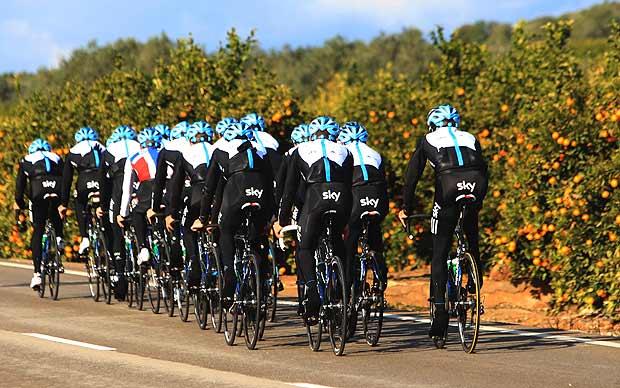
Bradley Wiggins will lead the British team’s Grand Tour campaign for the third consecutive year. After a difficult period in 2010 attempting to replicate the form that carried him to fourth in the 2009 Tour De France, the Londoner arrived at last year’s Tour De France in superb form. Who knows how he would have performed in this year’s Tour De France had his race not ended on stage seven with a broken collarbone? We know that Wiggins and Evans had gone head-to-head just three weeks earlier in the Criterium du Dauphine, the traditional barometer of pre-Tour form, and Evans had been forced to accept the podium’s second step. And while Hushovd, once a pure sprinter, has matured into a more rounded performer, capable of delivering on any terrain (witness his astonishing ride to win stage 13 of last year’s Tour, hanging tough on the ascent of the Col d’Aubisque before an astonishing descent and cat-and-mouse finale saw him snatch the stage from Jeremy Roy) he can no longer be considered a match for Mark Cavendish in a straight race for the line. Only in its classics squad would BMC appear to hold an edge in the shape of the seemingly untouchable Gilbert, the immensely powerful and experienced Hushovd, and Alessandro Ballan, a winner of the Ronde van Vlaanderen in 2007 and a consistent top 10 finisher at both Paris-Roubaix and Milan San Remo. Sky may yet deliver monument-al victories (Flecha has been a consistent threat in Paris-Roubaix, and both Boassen Hagen and Thomas look capable) but at the moment must cede superiority in the classics to BMC.
Radioshack-Nissan-Trek
Team manager, Johan Bruyneel, architect of nine Tour De France victories with Armstrong and Contador, is unlikely to quail in the face of BMC or Team Sky. The Shleck brothers will spearhead the team’s Tour De France campaign, although on the evidence of this year’s race, the ever-aggressive Evans (an unimaginable epithet for the Australian prior to his victory at the world road race championship just two years ago) would appear to have the advantage over the numbingly cautious Schlecks, while Wiggins is clearly their superior against the clock. Four-time world time trial champion, Fabian Cancellara, is perhaps Gilbert and BMC’s biggest rival for classics glory, with past victories in Paris-Roubaix (twice), Milan San-Remo, and the Ronde van Vlaanderen ample evidence of his formidable pedigree in one-day races. Where BMC can call on the experience of Hincapie, RadioShack-Nissan-Trek have the not inconsiderable knowledge of Jens Voight and Andreas Klöden to draw upon. RSN counter the youthful presence in the BMC ranks of Phinney and Van Gaarderen, and of Rowe, Kennaugh, Swift et al at Team Sky with highly-rated Danish national time trial champion, Jakob Fuglsang (26), and 21-year-old Jesse Sargeant, a graduate of the Trek-Livestrong feeder team.
Significant Others
GreenEDGE manager, Shayne Bannan, former head of Australian cycle sport, and to that extent, an Antipodean Dave Brailsford, appears to have been playing close attention to the Sky model in recent years, and will this month tick a further box in the Sky manual by debuting his team at the Tour Down Under – an obvious choice for a majority Australian squad long on youthful potential (notably Bobridge, Howard Meyer) and proven, but ageing, talent (Dean, McEwan, O’Grady). If Matt Goss can repeat the form that carried him to victory at last year’s Milan-San Remo, he could threaten in the classics, while Simon Gerrans can do a job in the Grand Tours.
Omega Pharma-QuickStep has assembled an impressive squad, with Levi Leipheimer a dependable rider for Grand Tours, Tom Boonen still a formidable force in the Classics, and world time trial champion, Tony Martin, rapidly attaining the untouchable status of the man he deposed, Fabian Cancellara.
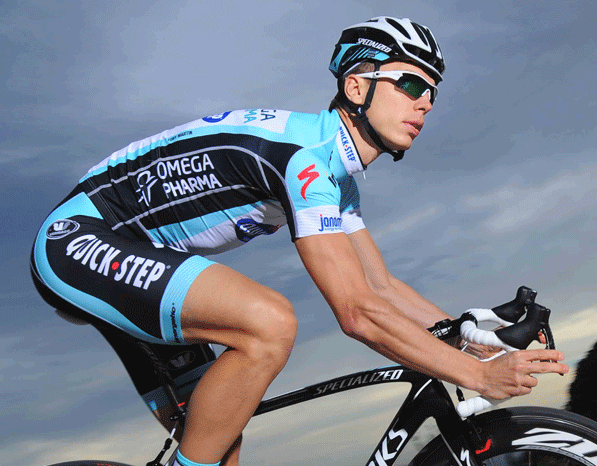
By contrast, SaxoBank appears a one-man team, though in three-time Tour De France winner, Alberto Contador, team manager, Bjarne Riis holds the ultimate riposte to Evans’ stated ambition of a second Tour victory. While the Spaniard’s participation in the 2012 edition of le grande Boucle rests in the hands of administrators at the Court of Arbitration for Sport (CAS) few would doubt his ability to thwart Evans, Schleck, Wiggins et al if cleared to ride. Six times a Grand Tour winner (including a masterly victory at last year’s Giro) and still aged only 29, Contador is the greatest stage racer of his generation and appeared to suffer more in the 2011 Tour De France from inopportune pile-ups than from a lack of support. His repeated attacks showed his ability to surprise a sleeping peloton and to work with members of rival teams (notably fellow Spaniard, Samuel Sanchez) when the occasion arises.

